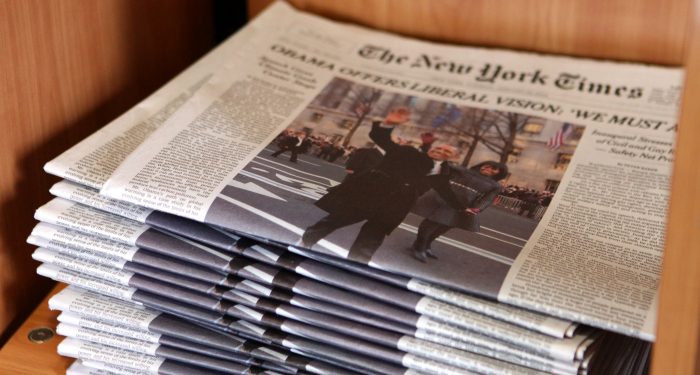Yet, a recent string of articles covering USG have sullied The Fordham Ram’s credibility. Your Jan. 24 article reviewing USG’s mid-year report quoted three anonymous students as they discussed USG. With more than 5,000 undergraduates at Rose Hill, I am surprised The Fordham Ram failed to find one student willing to disclose his or her identity while opining on student government.
Likewise, Jan. 30’s tabloid-worthy article on USG’s “secret” dinner with Fr. McShane relied almost entirely upon quotations from an anonymous source (along with a source-less, ‘pic-stitched’ photo culled from a USG member’s Facebook page). Again, was not one of the more than 15 students in attendance willing to speak on the record?
While journalists may debate the ethics of using anonymous sources, many industry giants have published decided opinions on the matter.
According to the Associated Press’s Standards and Practices, “anonymous sources may only be used if the material is information and not opinion” and only if it is “obtainable no other way.”
The NPR Ethics Handbook states, “Unidentified sources should rarely be heard at all and should never be heard attacking or praising others…”
The New York Times Manual of Style puts it simply: “Anonymity is a last resort.”
With these and other reputable publications seemingly at odds with The Fordham Ram’s journalism tactics, perhaps it is time for “the University’s journal of record” to establish some professional standards of its own.
Sincerely,
Stephen Erdman
FCRH ‘13





